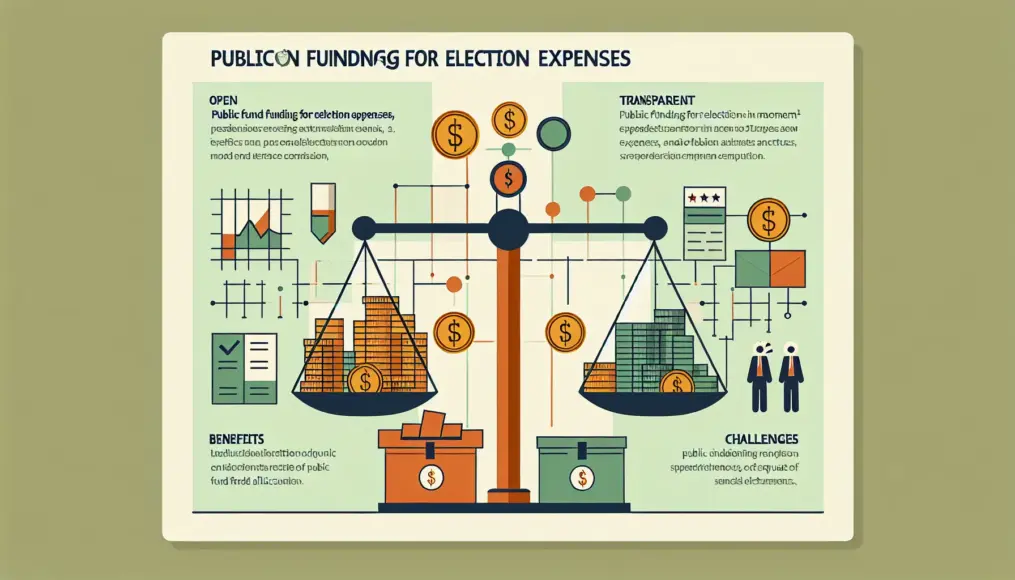The transition to a Democratic Party government marked a pivotal moment in Japan’s political history. When the Democratic Party of Japan (DPJ) took over from the long-dominant Liberal Democratic Party (LDP) in the 2009 elections, the nation was filled with a sense of renewed hope. However, the ensuing political developments and policy shifts have had significant implications for our daily lives. What exactly did this change mean for the people of Japan?
In this article, we will analyze the circumstances surrounding the Democratic Party’s rise to power and the impact it has had on Japanese politics. Let’s explore the factors that led to this historic shift and how Japan’s political landscape has evolved since then.
- Factors that Triggered the Change in Government
- Policy Changes and Their Impact
- Public Reactions and the Next Political Challenges
The Background of the Democratic Party’s Shift in Power
The shift in power to the Democratic Party marked a significant turning point in Japanese politics. In this section, we’ll delve into the factors behind this political transition and analyze the election results. By exploring how public expectations and the political landscape influenced this change, we aim to provide a clearer understanding of the backdrop against which this transition occurred.
Factors Behind the Shift in Power
In the 2009 elections, there was a strong desire for change among the Japanese public. Widespread dissatisfaction with the long-standing Liberal Democratic Party (LDP) government, coupled with economic stagnation and worsening social issues, fueled support for the Democratic Party. The Democratic Party’s slogan, “Putting People’s Lives First,” resonated deeply, giving many citizens a sense of renewed hope. This combination of factors ultimately paved the way for the power shift.
- Public demand for change surged
- Economic and social issues bolstered the shift in power
- The Democratic Party’s policies gained widespread support
Analyzing the Election Results
Looking at the election results, the Democratic Party achieved a landslide victory. This outcome clearly indicated a loss of confidence in the LDP, reflecting a strong desire for change among voters. During the campaign, the new government’s vision was compellingly communicated, which played a significant role in garnering support. Thus, the election results became a pivotal moment that altered the political landscape.
- The Democratic Party’s overwhelming victory led to a power shift
- Voter calls for change were clearly reflected
- The government’s vision attracted significant support
Changes in Policy Following the Change of Government
The shift to a Democratic Party administration has significantly impacted Japan’s policies. In particular, there has been a noticeable departure from the approaches taken by the long-standing Liberal Democratic Party, especially in economic policy and foreign relations. This section will explore the various changes in policy that have arisen from this change in government.
A Shift in Economic Policy
With the establishment of the Democratic Party government, there has been a substantial shift in economic policy. The administration has prioritized “revitalizing the economy,” leading to a reevaluation of public works and an intensified focus on fiscal health. Additionally, policies directly affecting citizens’ lives, such as support for living expenses and childcare, have taken center stage, highlighting a clear commitment to achieving economic stability. As a result, many citizens have begun to express hope for a new economic outlook.
- Reevaluation of public works projects
- Strengthened efforts toward fiscal health
- Emphasis on support policies that directly affect citizens’ lives
Changes in Foreign Policy
In the realm of foreign relations, the Democratic Party government has sought to pivot from traditional policies. While maintaining a strong relationship with the United States, there has been a clear effort to strengthen ties with Asian countries as well. The administration has aimed for more active involvement in international issues, enhancing its response to environmental and human rights challenges. This shift has given Japan’s foreign policy a new direction.
For those interested in this topic, we recommend the article “What Impact Did Postal Privatization Have on Japanese Society?,” which analyzes the background and effects of postal privatization, detailing how policy changes have influenced Japan’s economy and society. This article, alongside the discussion of the Democratic Party’s policy shifts, will help provide a more comprehensive understanding of contemporary Japanese politics from various perspectives.
- A focus on maintaining strong relations with the United States
- Strengthening cooperation with Asian nations
- Enhanced responses to environmental and human rights issues
Impact on the Public and Reactions
The change in government to a Democratic administration had a significant impact on the Japanese public. In particular, shifts in social security policies and fluctuations in public approval ratings serve as crucial indicators of how the administration’s initiatives were received. In this section, we will delve into the changes in the social security system brought about by the transition and examine the public’s interest in politics along with the changes in approval ratings.
Changes in Social Security
After the change in government, the Democratic Party moved to reassess social security policies. Notably, initiatives aimed at supporting child-rearing and enhancing welfare for the elderly were strengthened, leading to efforts that aimed to support the everyday lives of citizens. As a result, the social security system became more robust, allowing many individuals to benefit. However, on the flip side, challenges related to securing funding and managing the system emerged, sparking political debates.
- Strengthened child-rearing support policies
- Enhanced welfare for the elderly
- Challenges in securing funding emerged
Trends in Public Approval Ratings
Following the change in government, public approval ratings experienced significant fluctuations. Initially, there was a rise in support due to the anticipation surrounding new policies. However, as dissatisfaction grew over economic issues, foreign relations, and the management of the social security system, approval ratings began to decline. This led the Democratic administration to face challenges in maintaining public trust, necessitating strategies aimed at achieving political stability.
- Initial rise in approval ratings
- Dissatisfaction with economic and social security issues led to a decline in ratings
- Strategies needed to maintain public trust
Political Developments and New Challenges
Since the change in government to the Democratic Party, Japan’s political landscape has faced a variety of new challenges. Inter-party conflicts have intensified, making it difficult to implement policies. As political strategies aimed at the upcoming elections have become crucial, this has tested how well each party can reflect the opinions and needs of the public. In this section, we will delve into the conflicts between political parties and their implications for the next election.
Inter-Party Conflicts
Following the change in administration, a fierce rivalry emerged between the Democratic Party and the Liberal Democratic Party (LDP). The LDP criticized the policies of the Democratic administration in an effort to strengthen its own support base. Meanwhile, the Democratic Party pushed forward with its reforms, determined to implement its policies. This clash has influenced discussions in the National Diet and the execution of policies, contributing to political stagnation.
- Intensified rivalry between the Democratic Party and the LDP
- Political stagnation affecting policy implementation
- Efforts to strengthen each party’s support base
Impacts on the Upcoming Election
As the next election approaches, the strategies of the political parties have become increasingly significant. To address public dissatisfaction and expectations, each party has needed to introduce new policies. The election campaign will also scrutinize the achievements and challenges faced by the Democratic Party, placing the political decision-making in the hands of the electorate. Thus, the upcoming election has become a pivotal moment that could determine the future of these parties.
For those interested in the strategies of political parties leading up to the next election, we recommend checking out the article “A Deep Dive into the LDP’s Constitutional Draft! What Impact Will It Have on Modern Japan?.” This article provides an in-depth analysis of how the LDP’s constitutional draft might bring about changes in Japan’s political landscape, discussing its specific content and public opinions. It offers valuable insights for anyone looking to understand the current political dynamics.
- New policies from each party were called for
- The election will question the Democratic Party’s achievements and challenges
- A crucial moment that could shape the future of the political parties
Conclusion
The transition to a Democratic Party government marked a significant turning point in Japanese politics, and its repercussions continue to spark extensive debate. With this shift, the public held new hopes, but the subsequent implementation of policies, diplomatic strategies, and fluctuations in approval ratings have revealed a range of challenges. Notably, changes in social security and economic policies have had a direct impact on the lives of many, leading to tensions between political parties.
Looking ahead, the movements and strategies of each political party as we approach the next election will play a crucial role in shaping the future direction of politics in Japan. It’s important for us, the citizens, to pay close attention to these political currents and ensure our voices are heard.
- Expectations vs. Actual Challenges Post-Transition
- Changes in Social Security and Economic Policies and Their Impact
- Inter-Party Conflicts and Their Influence on the Upcoming Election
As we keep an eye on the future of Japanese politics, it’s essential to develop our own opinions and perspectives. We’d love to hear your thoughts and feedback in the comments!



Comment